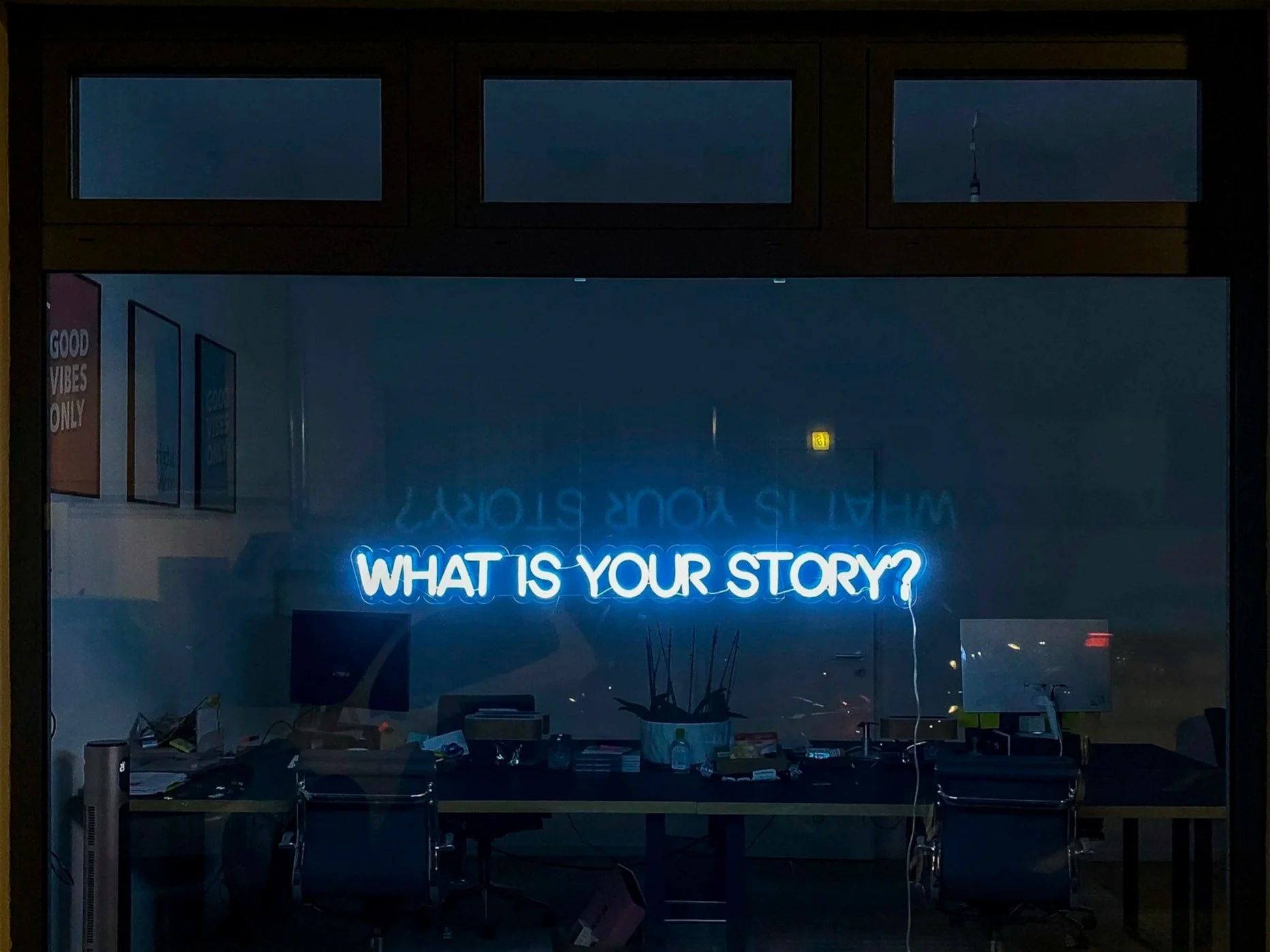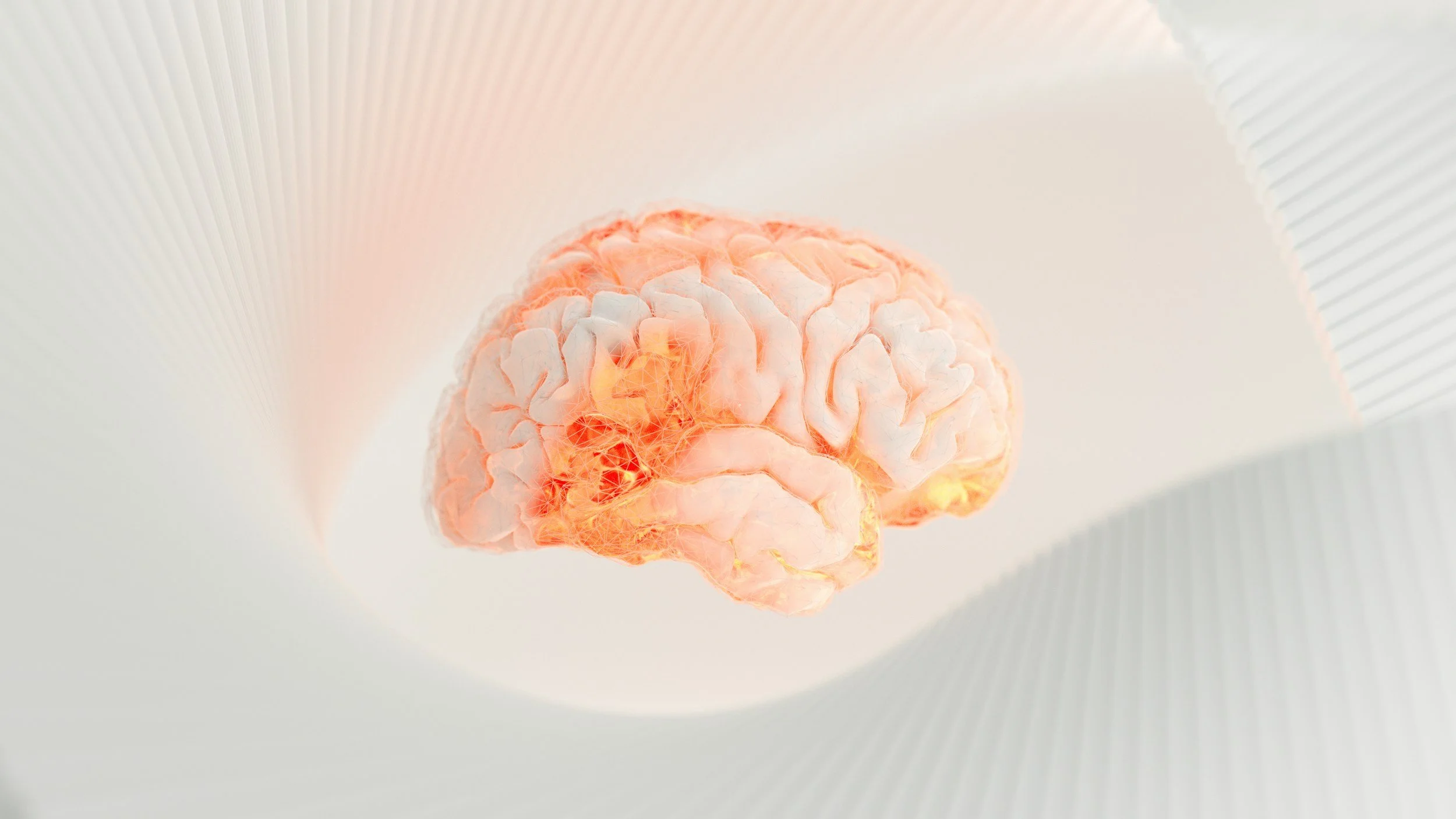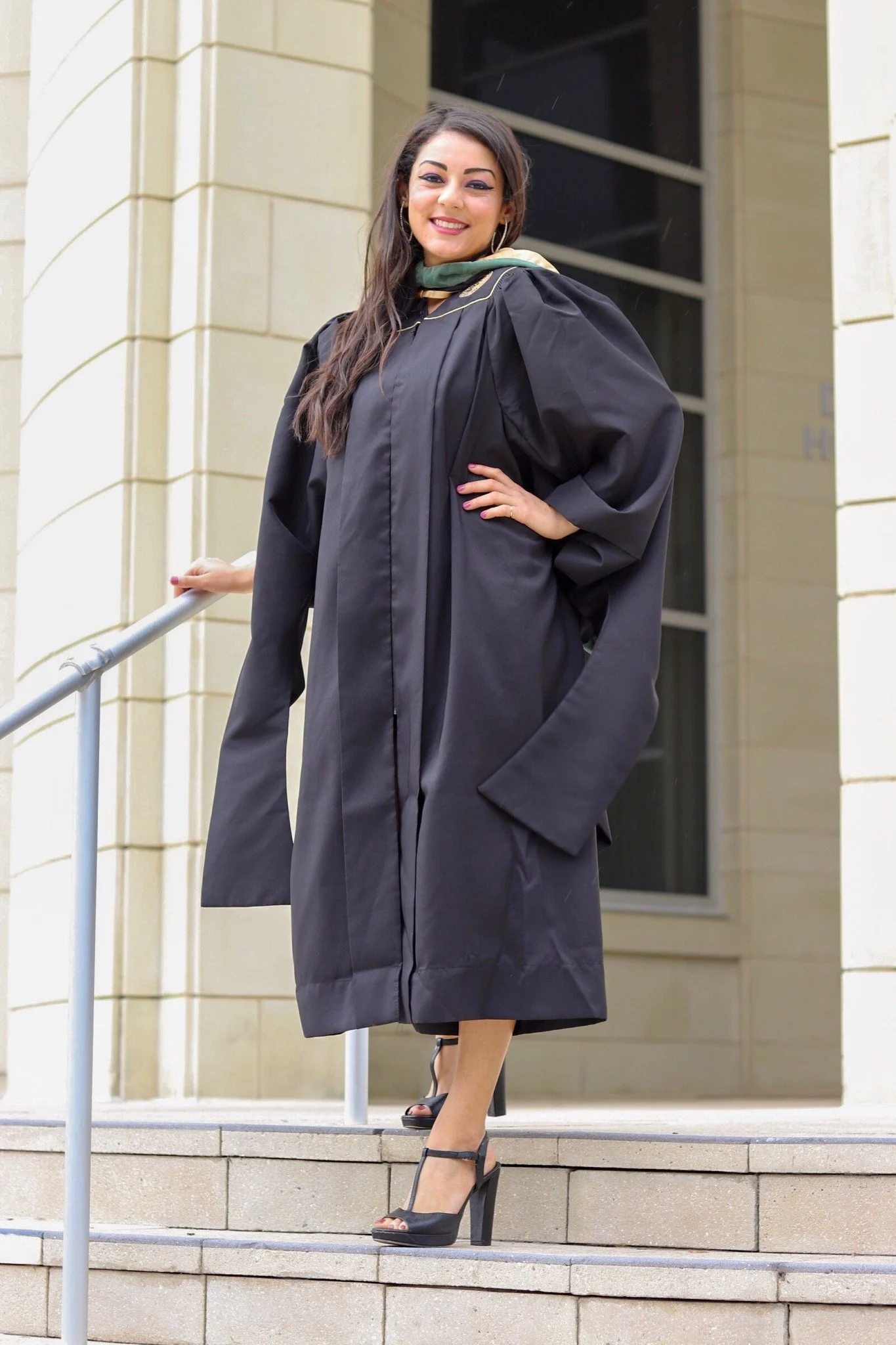Our Process
Click on each tab to learn more about each service. The types of evaluations we offer are listed below with their detailed elements.
-
The first step is completing the initial paperwork. This includes your child’s medical history; this is one of the most important sections to fill out thoroughly
-
This step involves administering a standardized assessment to obtain a baseline of current skills. This will take approximately 30 minutes.
-
The BEST part is weekly sessions! The first 4 sessions are reserved for establishing the 3 R’s: rapport, routine, and rules. Once we know each other, therapy sessions range in variety and structure, tailored to your child’s preferences.
-
We encourage parents to regularly communicate with their child’s SLP about their progress, goals, home carryover activities, and educational handouts.
Why did I choose speech therapy?
It’s a really long story about my late Hindu grandfather.
In December 2013, my paternal grandfather suffered a hemorrhagic stroke and fell down a flight of stairs into the basement of his New York City home. At the time, he lived with my disabled grandmother, who was unaware of his stroke/fall. The length of time he remained unconscious in the basement that night was unknown; we did not realize the damage from his brain bleed in his left frontal lobe would change his ability to communicate.
When he awoke, he began to speak jibberish - the cadence of his speech suggested he was attempting a conversation, but his sentences lacked vocabulary, were choppy and short, and his speech sounded slurred. He was admitted into the emergency room where we were informed that he was experiencing amnesia; a common side effect post-stroke. His short-term procedural memory was gone; this was his ability to remember how to make a sandwich, or how to ride a bike. His long-term episodic memory remained intact; this was his ability to remember events related to himself. This meaning, he could not remember the family he had created in this United States, but he recalled specific childhood memories from India.
As treatment ensued and he physically recovered from his fall, his cognition and speech did not. His speech was lacking appropriate grammar markers, verb tense, and function words such as “the”, “is”, “and”. He had a hard time remembering the name of a banana, he couldn’t figure out how his sons and grandchildren were related to him, and he could not tell the time on a clock. Although his English language was damaged, his Hindi language remained intact. He could read and write his name in Hindi but could no longer read or write in English. He could still speak to his siblings in Hindi fluently but struggled to speak to his grandchildren in English.
A speech-language pathologist was the first specialist I watched interact with my grandfather in the hospital post-stroke. I was amazed at this cognitive phenomenon. I was fascinated by the presence of his language structure and lack thereof; why did his brain injury only affect his ability to remember his second acquired language, but it did not affect his native language at all?
And so, the elusive mystery of bilingual aphasia piqued my interest, and I immediately knew I had found my calling. I tapped into communication sciences and disorder to learn about how the brain works, compensates, and heals over time. This traumatic family event ignited the fire for my career as well as a lifelong passion for learning how to overcome our language deficits by using total communication and God’s Grace.
How did we get our name?
Okay, it's a really long story about God.
In July 2021, I was seven months pregnant with my only child. My extended family of 8 took our annual summer vacation to Asheville, North Carolina. This was also during the COVID pandemic. It was on this trip that we all contracted COVID - half of us were vaccinated, and half of us weren’t. Those that were vaccinated were protected against the most vigorous symptoms; those who were not vaccinated were later hospitalized due to the virus. I fell into the latter category.
I was placed into a medically-induced coma on July 22nd, 2021. This decision was made by my mother and my child’s father. I couldn’t breathe, my O2 level had dropped beneath 90%, and my chest x-rays came back showing my lungs were about to be full blown under attack. The treatment plan was to slow my body down to really be able to focus on my lungs. They were quickly deteriorating on their own, and the only way to restore them was to slow my body down and let it run its course.
I was intubated for eight days.
Meet the Owner
Amanda Bhanote is a state licensed, ASHA-certified Speech-Language Pathologist. An Orlando native, Amanda attended the University of Central Florida for both her undergraduate and graduate programs. She was awarded her Bachelor of Arts degree (2016) and Master of Arts degree (2018) in Communication Sciences and Disorders. She is also fluent in American Sign Language.
Amanda began her clinical work in Spring of 2016 at the University of Central Florida Communication Sciences and Disorders Clinic. She had the opportunity to serve clients at the Aphasia House, as well as their FAAST (Florida Alliance for Assistive Services and Technology) Center. Amanda expanded upon her clinical skills as an intern at John Knox Village of Central Florida, where she gained experience with the geriatric population in the areas of swallowing, dementia, and traumatic brain injury.
Her current love interest has been in the nonverbal augmentative and alternative communication side of things. She believes there is no greater feeling than watching a child’s face light up when they realize they finally have a way to communicate.









